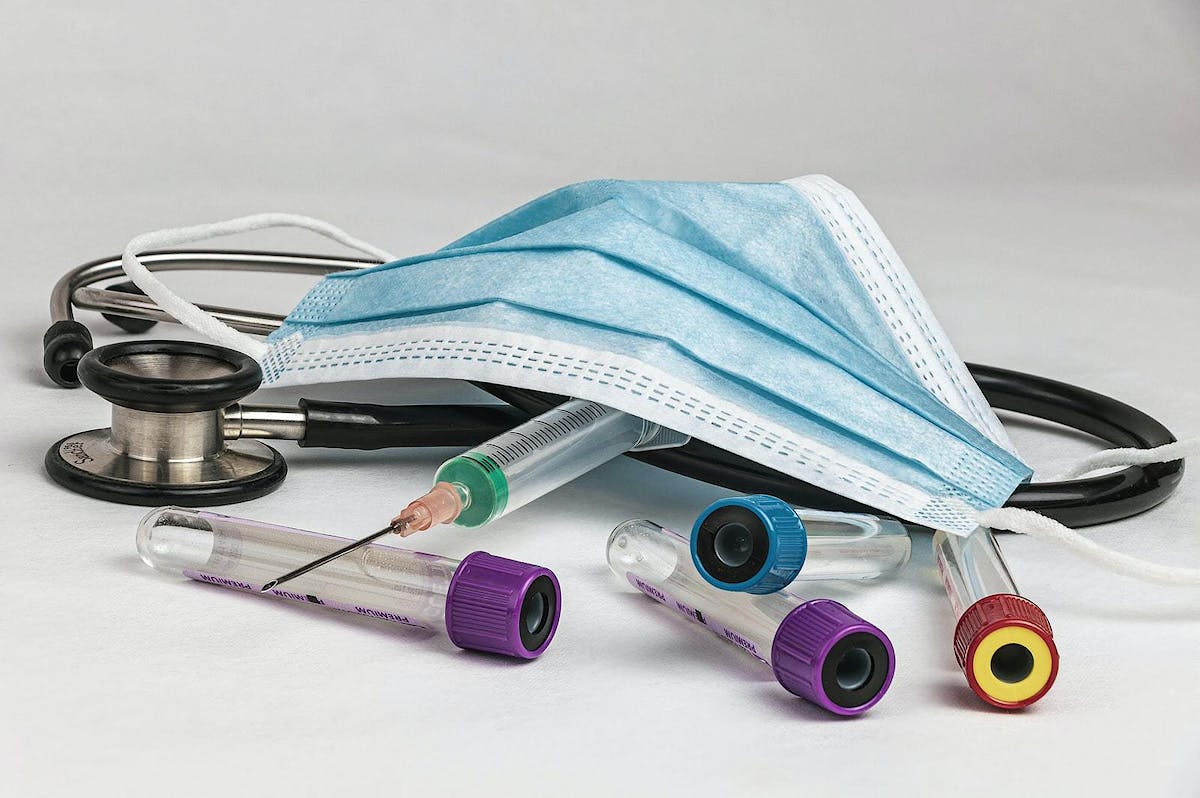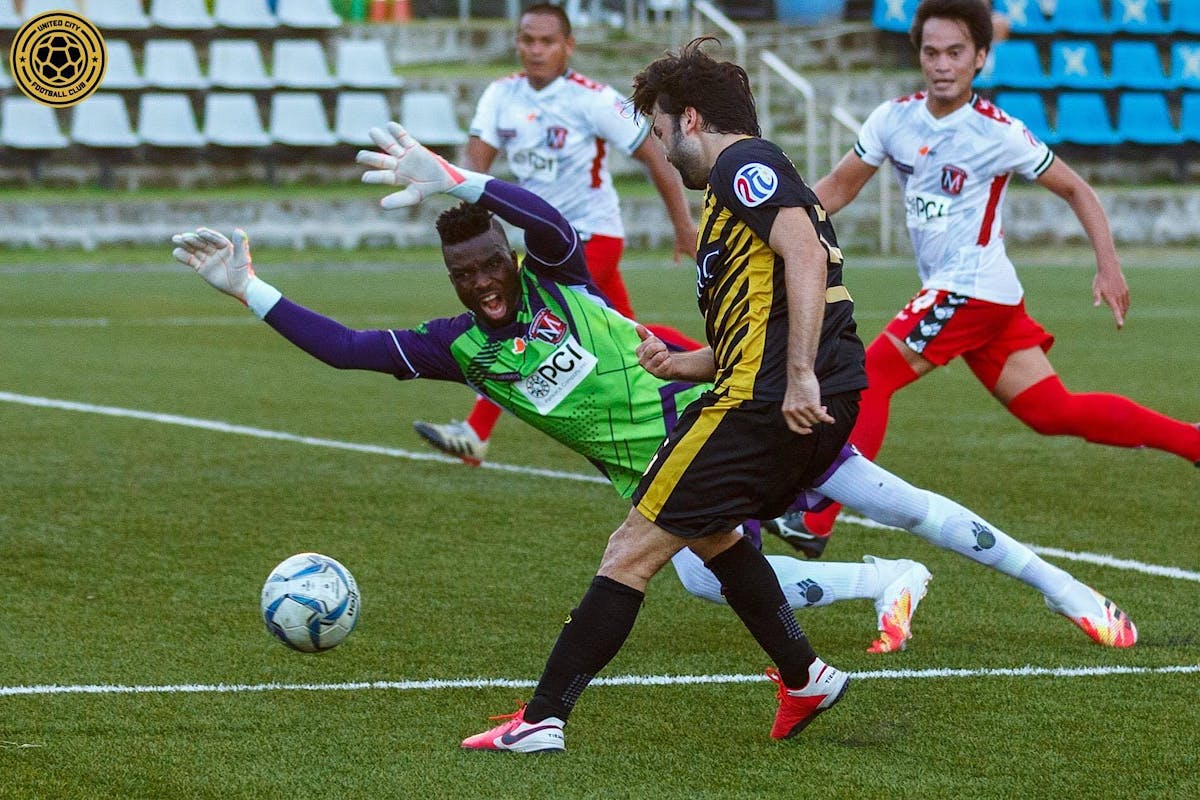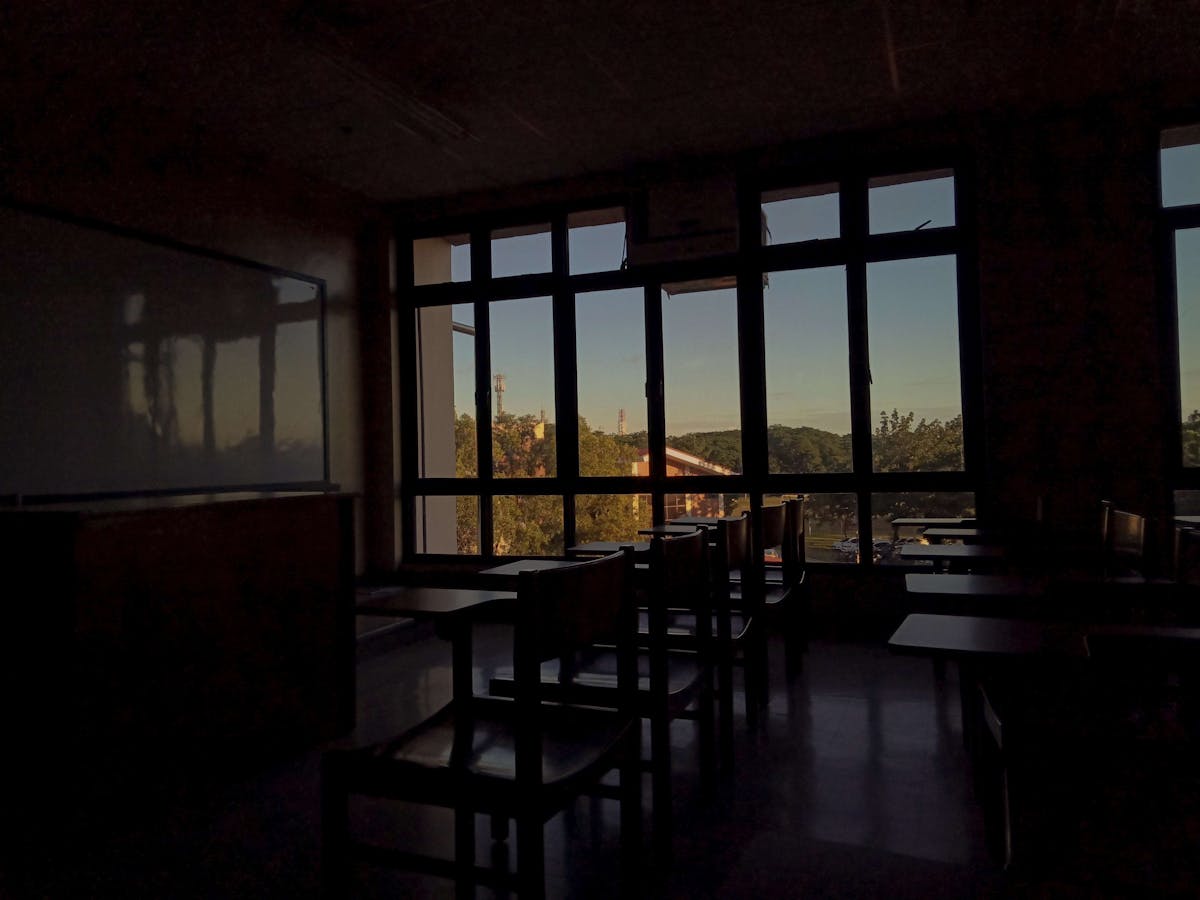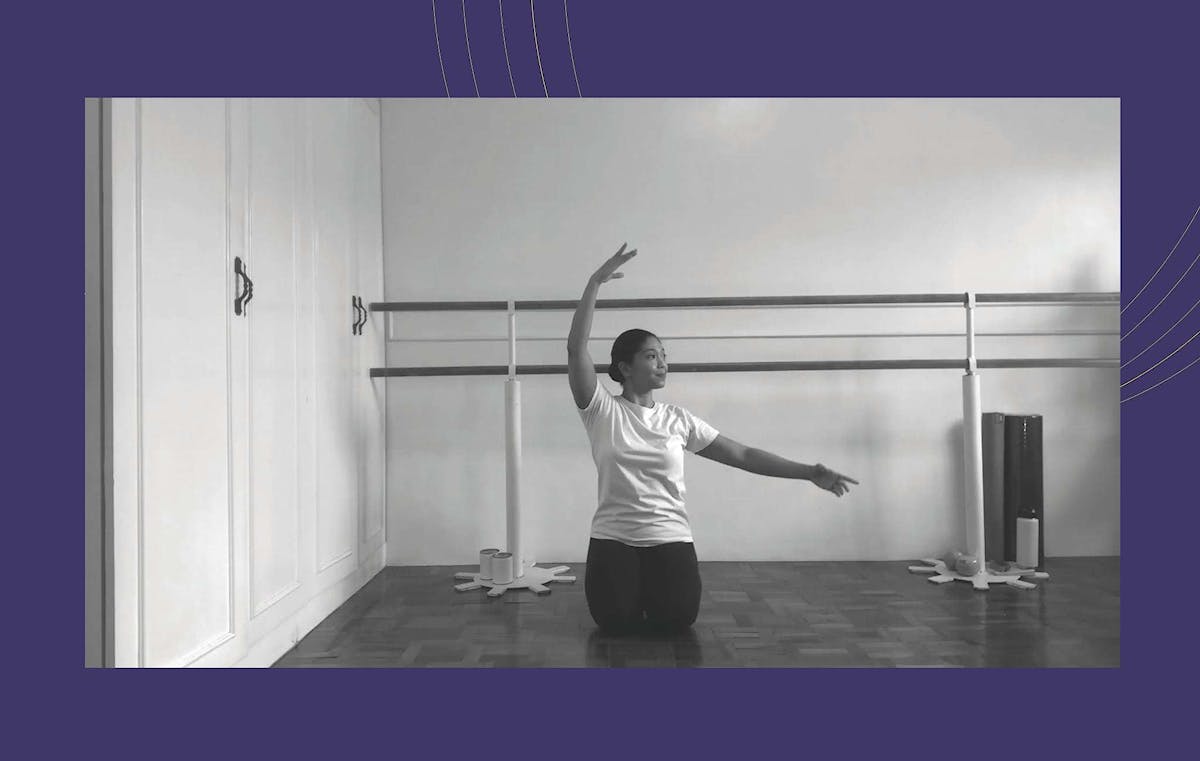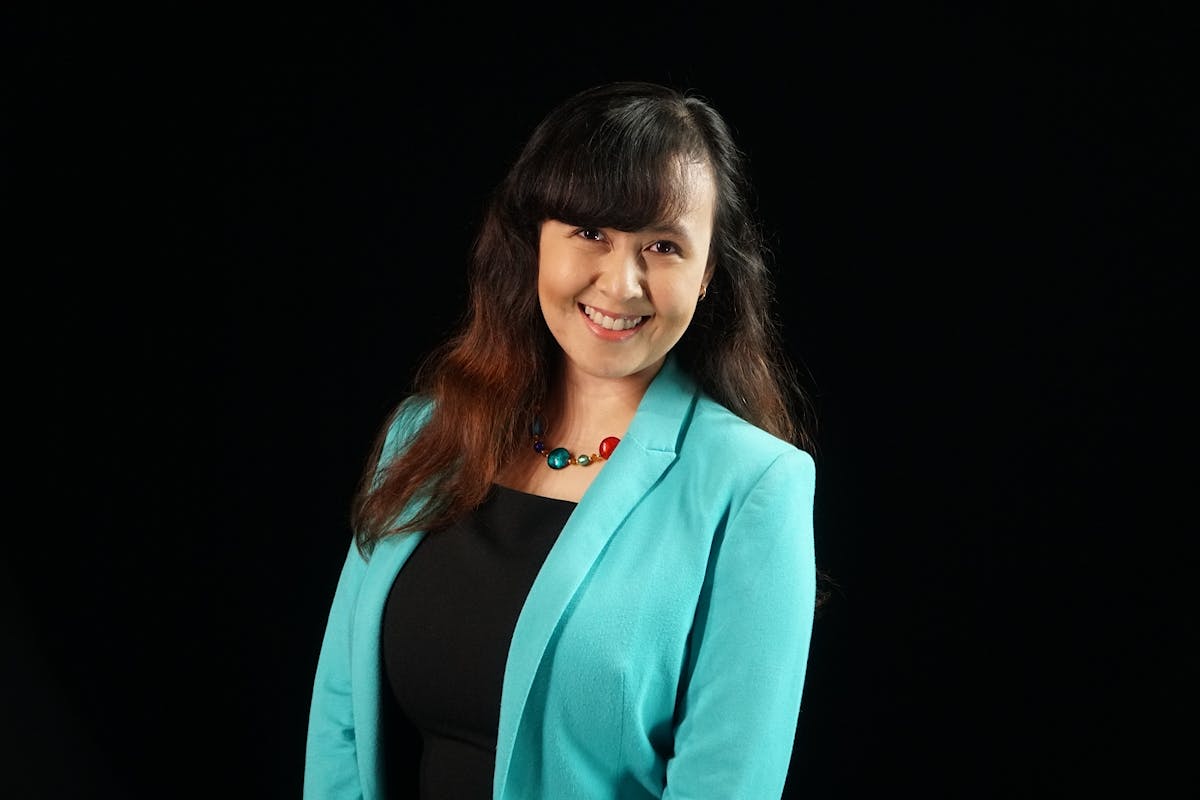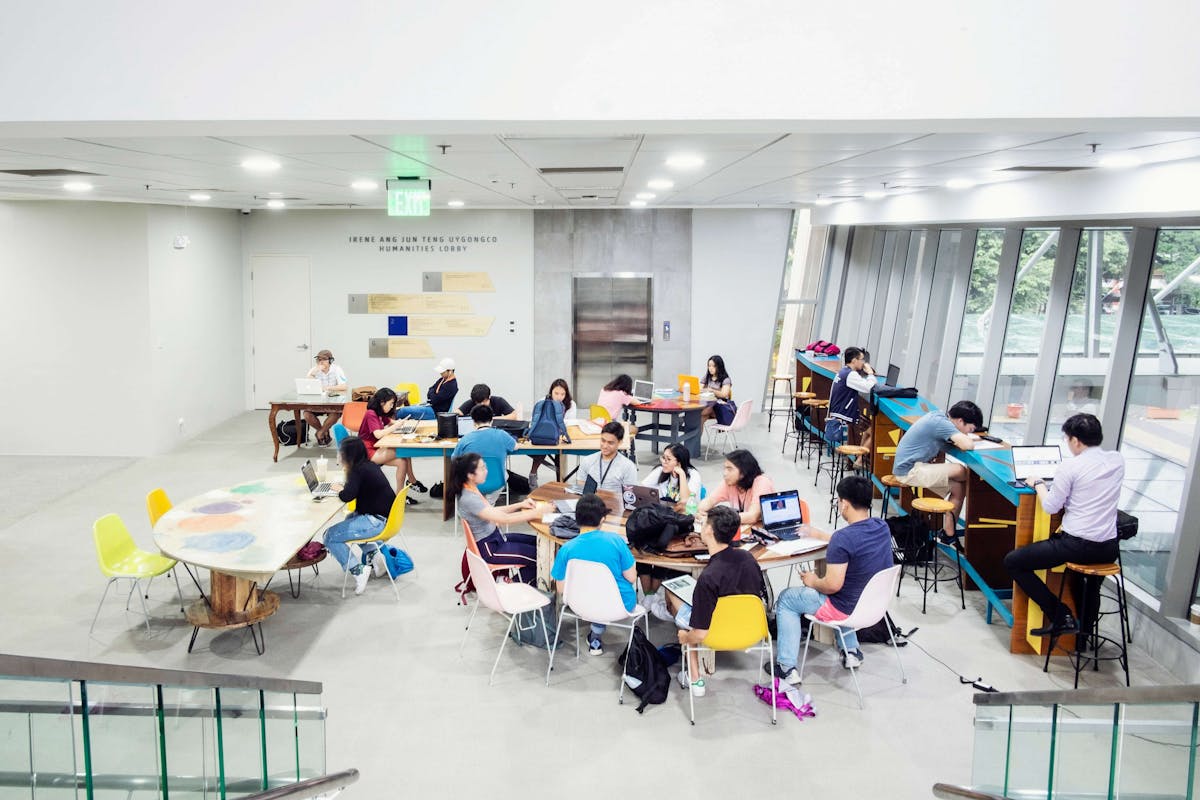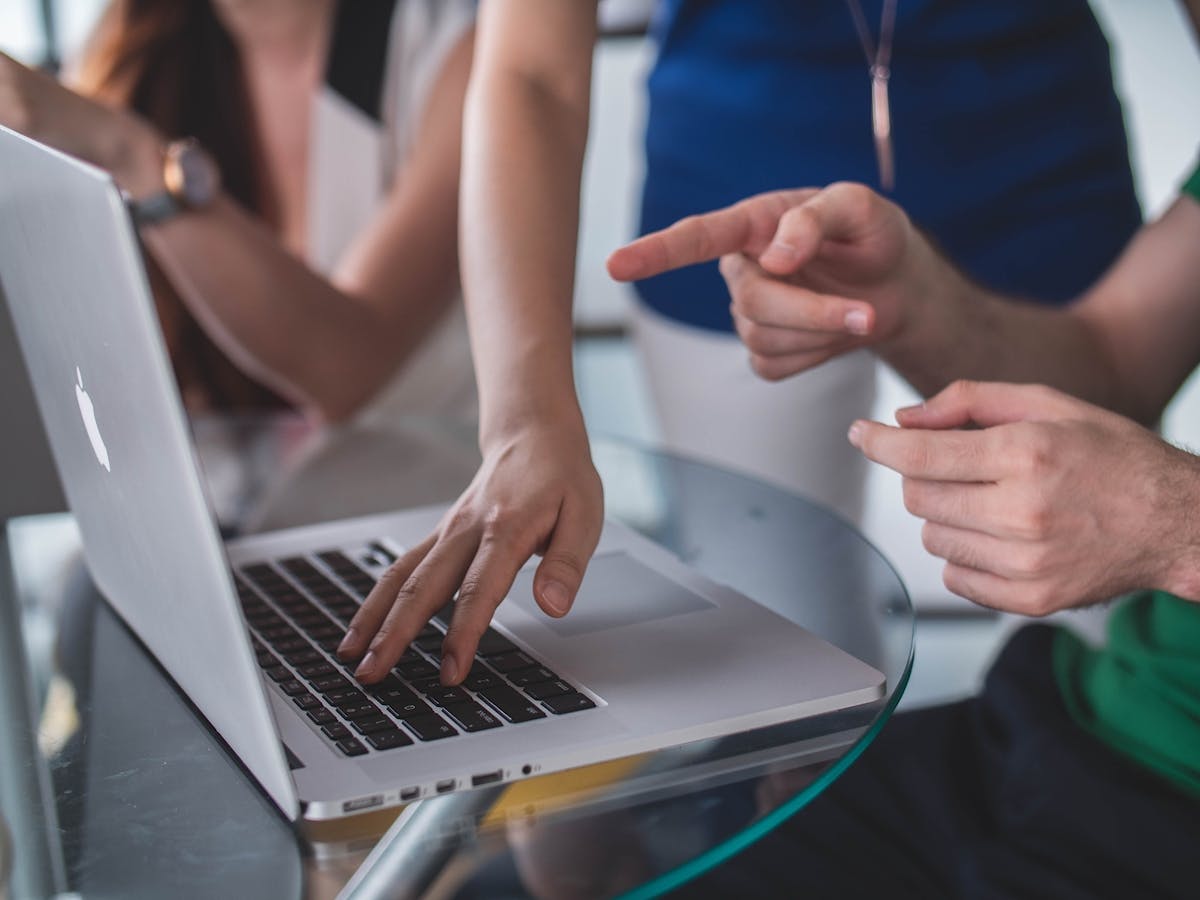
Our Way Forward
COVID-19: The Surge, The Jab, and Ivermectin
In March 2021, a second wave of COVID-19 infections struck the Philippines with infection numbers exceeding 12,000 new cases per day.
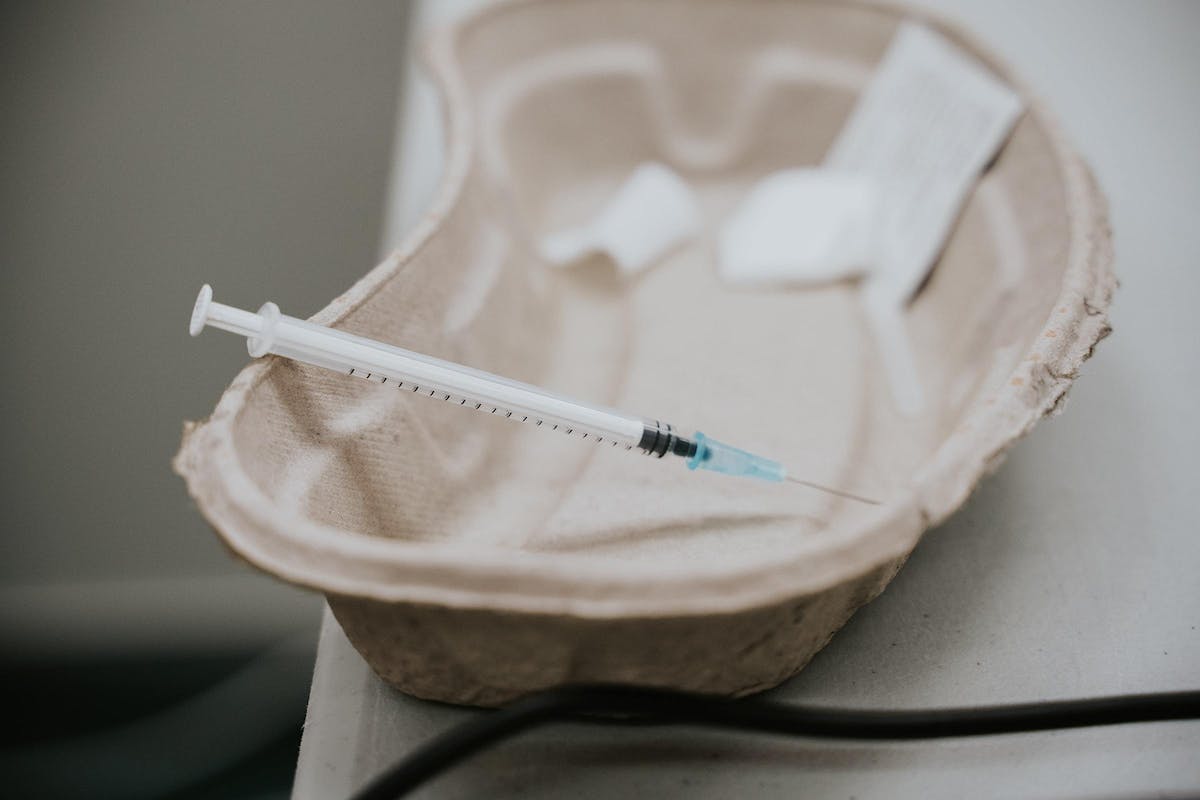
In March 2021, a second wave of COVID-19 infections struck the Philippines with infection numbers exceeding 12,000 new cases per day. To quell the surge, the government imposed a second Enhanced Community Quarantine and began mass vaccination programs. Increasing anxiety, however, has led people to turn to other forms of treatment or prevention. In this article, Dr. Angeles T. Alora helps us understand the surge. She reminds us of what we can do to protect ourselves and our loved ones. She answers questions about the jab and how we should and should not behave after we receive it. Finally, she helps us cast a critical eye on one of the alternative treatments that is gaining media traction.
WHAT WE KNOW: More people are being infected with SARS-CoV 2. The cause is multifactorial: variants, defective compliance to preventive measures (from pandemic fatigue, false post-vaccination security, distrust), tragic governance and more. Better testing and reporting also contribute to the apparent increase.
WHAT WE HOPE FOR
We hope for fewer infections and a healthier population.
WHAT WE CAN DO
- Follow measures to prevent spread of COVID-19 correctly and consistently
- Wear face masks that cover nose and mouth and face shields that cover eyes, nose and mouth.
- Stay home.
- If going out, avoid crowds and closed spaces with poor ventilation and/or closed windows.
- If meeting people, stay 2 meters away from the next person, do not face each other, finish the meeting in less than 15 minutes, do not sing, do not shout, and try to keep your mouth shut.
- Wash hands frequently with soap and water or alcohol and keep them away from the face.
- Stay healthy: eat fruits and vegetables, exercise, think positive.
- If you have a fever, cough, sore throat, loss of smell or taste, or diarrhea, isolate, follow cough etiquette, and contact a healthcare provider.
- Be good
- Respond to the needs of others: share resources, show kindness. Do not exploit, oppress, or add to evil.
- Influence others to comply with preventive measures: correct misinformation, call attention to violations, remind, set good example.
- Remember the isolated: listen to and share their sadness, bring them joy.
- Be brave, allay fear: notice the many good people doing their best; stop over-thinking or imagining the worst scenarios, wait for God’s time.
WHAT WE KNOW: The right vaccine given to the right person at the right time and in the right manner prevents disease. There is no fully effective and totally safe COVID-19 vaccine. Many vaccinated people will have unpleasant effects which are usually mild, transient, normal reactions, signs that the body is building protection. As of April 4, 2021, for the vast majority of Filipinos, the risk of COVID-19 infection is greater than the risk of the unpleasant effects from vaccination, so receiving vaccination is a good recommendation. Unfortunately, insufficient vaccines, vaccine hesitancy, and greed persist and impede vaccination success.
WHAT WE HOPE FOR
We hope for an available, safe, and effective vaccine for all who need it.
WHAT WE CAN DO
- If one is not vaccinated, get the jab as soon as possible from the first legitimate reliable source. Do not take fever, pain or allergy medication before receiving the jab (paracetamol, ibuprofen, loratadine corticosteroids, etc.).
- Do not get the jab if:
- You have personal contraindications (previous allergic reaction: uticaria, angioedema, breathing difficulties, or anaphylaxis to the vaccine or its excipients within 6 hours from vaccination; if in doubt, ask a physician).
- You are within 14 days from recovery from COVID-19 infection.
- It means jumping the queue by lying, cheating or misrepresenting oneself.
- Patiently wait for one’s turn while maintaining preventive practices and advocating vaccination.
- After the first jab
- Observe for undesired effects:
- If none, proceed with usual activities and receive the second jab as scheduled.
- For bothersome soreness, warmth, redness or/and swelling at vaccine site, apply a clean cool wet washcloth for 15 minutes 3 x a day (if done during the first 24 hours after the jab, may also prevent these effects).
- For headache, fever, muscle aches, tiredness, rest, take plenty of fluids, and paracetamol (unless contraindicated).
- If above complaints persist beyond the 3rd post vaccination day, contact a healthcare provider.
- For difficulty breathing, low blood pressure, marked weakness, loss of consciousness, immediately return to the vaccination site or nearest hospital. After receiving treatment and recovering, check with a healthcare provider before receiving the second dose.
- For other complaints, consult a healthcare provider.
- Continue all preventive measures as though not vaccinated. One can still get infected and transmit it to others.
- Advocate vaccination
- Observe for undesired effects:
- After the 2nd jab (only one if using the Johnson & Johnson/Janssen COVID-19 vaccine)
- Two weeks after the 2nd jab (or the single Johnson & Johnson/Janssen jab) one should have increasing antibodies against severe disease. If infected, it will probably not be severe or fatal. Evidence that the vaccines also prevent transmission is increasing but until local guidelines change, continue preventive measures.
- Follow the recommendation regarding succeeding vaccinations. As of April 4, 2021, no additional vaccination is needed within the year. If another vaccine type is offered (for example, you have received AstraZeneca and now Moderna is available), refuse. Unknown side effects may occur from “double dipping” and it deprives someone else in need.
- Facilitate others’ vaccination
WHAT WE KNOW: Ivermectin is a drug accepted worldwide to treat certain parasitic worms and scabies. Although not a recommended anti-viral drug, it is gaining popularity in the Philippines and some parts of the world for both the prevention and treatment of COVID-19.
The FDA is the legitimate regulatory authority that ensures the quality, safety and efficacy of drugs. It reviews clinical trials and manufacturing processes, approves and registers drugs which can be used under specified circumstances and monitors its use. No human preparation of Ivermectin is registered in the Philippines.
Available studies as of April 4, 2021, provide no clear-cut sufficient data for recommendations favoring the use of Ivermectin against COVID-19. Adequately powered, well designed and ethically conducted studies are in progress, experience is expanding and soon there will be good evidence on which to update recommendation for or against its use against COVID-19 in humans.
The continuing spread of COVID-19, with friends and relatives dying, has instilled fear to many Filipinos desperate for any drug that might help. Ethical principles of do no harm, benefit/risk ratio, free and informed consent and justice must prevail.
WHAT WE HOPE FOR
We hope for a safe, effective drug to prevent and cure COVID-19 which is affordable and acceptable.
WHAT WE CAN DO
- Keep an open mind. Be wise in evaluating reports: check source, data, conclusions. If incompetent, listen to and read what experts say (WHO COVID-19 Living Guideline; Philippine COVID-19 Living Recommendations, PSMID Clinical Practice Guidelines, etc.), and what authorities allow.
- Be prudent in discerning what is known about the drug and what is best for oneself.
- Does taking the drug have more benefits than risks for self? A critically ill COVID-19 physician deteriorating despite standard treatment plus Remdesivir might consider the possible benefit of taking Ivermectin more than the risk of its adverse effects. He might value his life highly and be willing to take any chance to save it. He may consent to off-label or clinical trial Ivermectin, even ask for it.
- Is the risk of taking the drug more than the risk of not taking it? A healthy stay-at-home retiree who follows preventive measures, might consider the risk of taking Ivermectin and developing adverse effects more than the risk of not taking Ivermectin and acquiring COVID-19. She might believe that she has more chance of being the unlucky rare case of neuromuscular dysfunction and less chance of getting COVID-19. She might refuse taking Ivermectin for prevention.
- Benefits and risks are weighed within their specific context and aligned with one’s personal values and beliefs. No doctor or other person can or should dictate whether one should take or refuse a drug. Honest guidance through the thinking process, then respect for and support of the person’s free choice are the best that a physician can offer.
- Lead others to correct information and critical thinking.
- Participate in clinical trials that build knowledge.
Finally, we are all hurting. Whatever this ”new normal” brings: a surge, a vaccine or Ivermectin, let us all continue to care and pray for one another.



